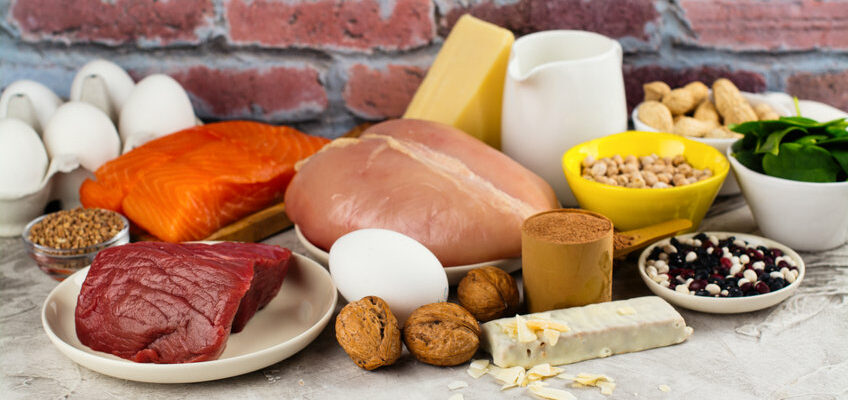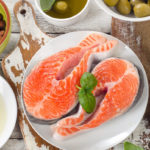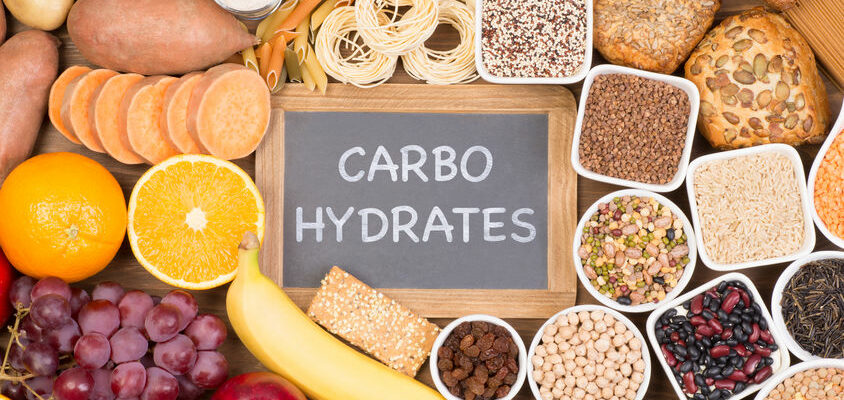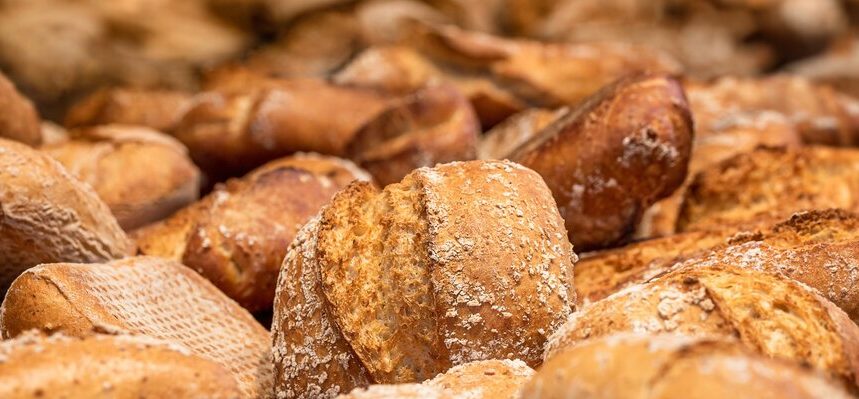
Whether you lift weights or not, you are likely familiar with the debate on the best time to consume protein. From building muscle to improving overall wellness, protein can help you achieve a variety of health goals. It is an integral part of any diet, and is especially important in the trending keto diet, but the confusion surrounding how to time protein consumption may mean some are not getting the most out of it. As protein supplements and protein-enriched foods overtake the market, apt consumption is central to maximizing its capabilities, such as weight loss. In this article, we will cover different types of protein, why it is essential to every diet, and when best to consume it.
The Wonderful World of Protein
Although more and more foods are fortified with protein, it naturally occurs in foods such as:
- Meat
- Fish
- Eggs
- Dairy products
- Legumes
- Seeds
The evolution of food production and nutrient extractions from whole foods has led to a larger variety of protein sources in supermarkets. Protein shakes, which first began as something for only bodybuilders, are one of the most popular meal replacements available today. Here are some common protein supplements you can find:
- Whey protein
- Casein protein
- Soy protein
- Pea protein
- Rice protein
- Hemp protein
- Gluten protein
- Brewer’s yeast
These supplements are ideal for people who follow diets that may narrow down their protein sources, including plant-based diets. Furthermore, they are convenient for those who are busy and need help increasing their daily intake.
Do I Really Need to Eat More Protein?
We all need protein to support muscle growth, maintain strength, and nourish our bodies. Moreover, for those looking to lose weight, it is vital to combine this nutrient along with regular exercise. Studies suggest that consuming snacks that contain protein can help reduce the calories¹ people consume in their following meal, meaning it offers satiety and reduces the probability of overeating. Furthermore, a study in the American Journal of Clinical Nutrition² found that higher-protein diets aided weight management. The study classified high protein diets as those with 1.2 to 1.6 grams of protein per kilogram per day.
Should I Consume Protein Just Before Bedtime?
While consuming proteins may not be beneficial before bedtime, some studies suggest that there is no correlation³ between the timing of consumption and building muscle. On the other hand, research shows that consuming protein in proximity to working out can lead to muscle growth. Nonetheless, there is more research needed in this area. According to various studies, here are some recommended practices for different health goals:
- Muscle loss prevention: Spread your daily intake across all your meals and consume between 25-30 grams⁴ of protein per meal. Of course, this is especially important as we grow older.
- Weight loss: Research⁵ shows that eating protein-rich snacks between meals can help you consume fewer calories throughout the day. Additionally, high protein consumption can reduce your appetite and boost your metabolism.
- Muscle growth: While many cite the “anabolic window” as the ideal timeframe for consuming protein, studies show this window is much larger than first believed. The International Society of Sports and Nutrition⁶ notes that consuming protein up to two hours after exercising can help build muscle mass.
As with many aspects of our diet, there is no one-size-fits-all answer. In the end, your health goals will dictate the best time to consume protein for you. Lastly, don’t forget your fiber. A diet high in protein should be accompanied by one that is also high in fiber to achieve balance and encourage wellness.
References
Njike, Valentine Yanchou, et al. “Snack Food, Satiety, and Weight.” Advances in Nutrition (Bethesda, Md.), American Society for Nutrition, 15 Sept. 2016, www.ncbi.nlm.nih.gov/pmc/articles/PMC5015032/.
Leidy, Heather J, et al. “Role of Protein in Weight Loss and Maintenance.” OUP Academic, Oxford Academic, 29 Apr. 2015, academic.oup.com/ajcn/article/101/6/1320S/4564492.
Huzar, Timothy. “When Is the Best Time to Have Protein?” Medical News Today, MediLexicon International, 25 Mar. 2019, www.medicalnewstoday.com/articles/324790.
BB;, Paddon-Jones D;Rasmussen. “Dietary Protein Recommendations and the Prevention of Sarcopenia.” Current Opinion in Clinical Nutrition and Metabolic Care, U.S. National Library of Medicine, Jan. 2009, pubmed.ncbi.nlm.nih.gov/19057193/.
Ortinau, Laura C, et al. “Effects of High-Protein vs. High- Fat Snacks on Appetite Control, Satiety, and Eating Initiation in Healthy Women.” Nutrition Journal, BioMed Central, 29 Sept. 2014, www.ncbi.nlm.nih.gov/pmc/articles/PMC4190484/.
Kerksick, CM, et al. “International Society of Sports Nutrition Position Stand: Nutrient Timing.” Journal of the International Society of Sports Nutrition, U.S. National Library of Medicine, Aug. 2017, pubmed.ncbi.nlm.nih.gov/28919842/.
Ashuni Pérez is a writer in the culinary, as well as health and wellness industries. With a background in teaching and digital media, she loves to learn and help others discover more about their food, where it comes from, and how best to prepare it. A foodie through and through, she is always searching for new recipes and the freshest ingredients.











[…] probably been looking at a fair amount of high-protein recipes. Protein is an essential part of a balanced diet, but high-protein baked goods can take some getting used to. Everyone loves baked goods, but when […]